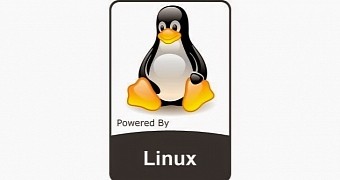Ben Hutchings, the maintainer of the Linux 3.2 kernel branch, had the pleasure of announcing the immediate availability for download and upgrade of a new maintenance release for Linux kernel 3.2, version 3.2.67, urging users to update to it as soon as possible. Linux 3.2.67 kernel is a long-term supported version mostly used on very stable environments or embedded systems.
According to the raw changelog, which is a quite huge because the 3.2 branch of the kernel rarely gets an update, this new point release introduces better support for the ARM, Alpha, PowerPC, IA64, m68k, MIPS, PA-RISC, s390, MicroBlaze, M32R, FRV, AVR32, MN10300, OpenRISC, SPARC, Score, SuperH, Tile, x86, Xtensa, and CRIS CPU architectures.
“I'm announcing the release of the 3.2.67 kernel. All users of the 3.2 kernel series should upgrade. The updated 3.2.y git tree can be browsed at the normal kernel.org git web browser: http://git.kernel.org/?p=linux/kernel/git/stable/linux-stable.git,” says Ben Hutchings in the mailing list announcement for Linux 3.2.67 kernel.
Brings updated and new drives for various hardware, improved file systems
In addition, the Linux crypto API saw a number of improvements in Linux kernel 3.2.67 LTS, which also brings updated and new drives for various hardware, including Acer Bluetooth, Intel i915 GPUs, AfaTech AF9005 DVB-T device, Atheros wireless (ath5k and ath9k), and numerous other SCSI, ATA, SATA, and USB devices.
Several filesystem have also been improved in Linux 3.2.67 kernel, including big names like Ceph, Btrfs, eCryptfs, IsoFS, ncpfs, OCFS2, and Universal Disk Format (UDF). Several sound and networking (IPv4 and IPv6) enhancements have been implemented as well, so it is better to take a look at the attached diff in the announcement for more details on what has been changed since Linux 3.2.66 kernel.
Download Linux kernel 3.2.67 LTS right now via Softpedia or from the kernel.org website, whichever you think is best for you. However, if you didn’t compiled a kernel before, we strongly recommend to wait until it is available in the official software repositories of your Linux kernel-based operating system, once it has passed all the rigorous tests.

 14 DAY TRIAL //
14 DAY TRIAL //